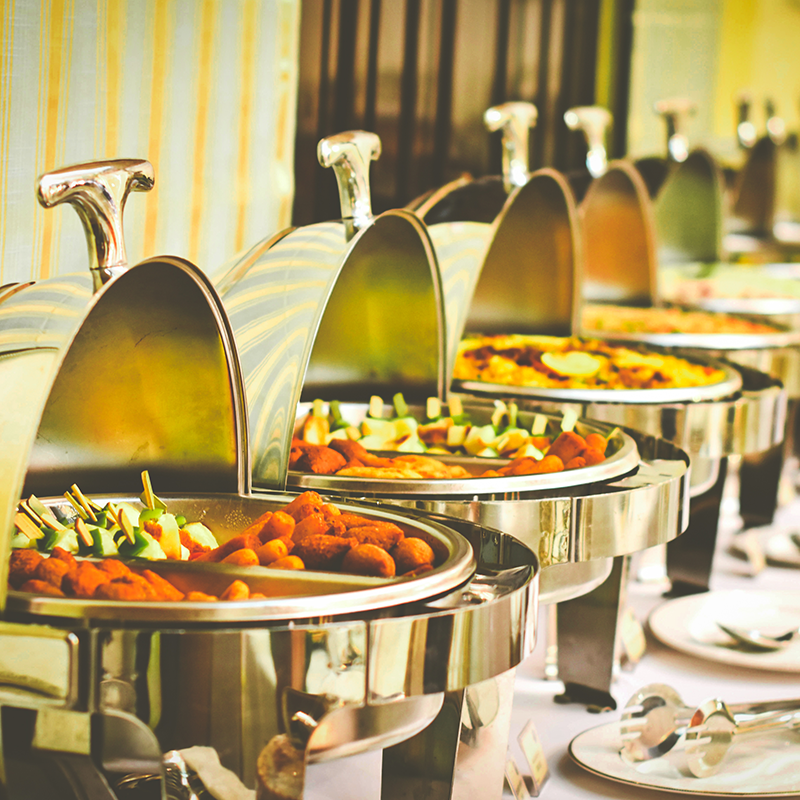
Filed in: News Tag: MCE Trendspotting, Sustainability
As IEEE continues to prioritize sustainability across organizational efforts, we are continuously identifying ways to improve our collective footprint. One area that is being addressed across the event industry is food waste.
Per Net Zero Carbon Events, emissions relating to the growth, production and disposal of food account for almost a third of all carbon emissions in the world. By being mindful of this throughout the event planning process, we can take efforts to reduce this impact.
Here are a few tips for mitigating food waste across events:
Plan ahead. Work with your venue/caterer on clear deadlines and expectations for headcounts that will allow you to be accurate without significantly overestimating the number of meals you’ll need. You can also discuss the types of options for meals, portion sizes, preparation and serving styles, and more, to see where you can be the most efficient while still providing a quality meal.
Consider leftovers. What happens to all of the food that is unconsumed, but cannot be saved? Discuss this with your venue/caterer, as they may already have a solution in place. There is an opportunity to give back to the community by donating this food to a local shelter, and/or composting food for reduced waste. There are also more tools emerging, such as Too Good to Go, which allows restaurants/venues to repurpose food at a reduced cost to consumers.
Educate attendees. Attendees and travelers have indicated their interest in more sustainable options, so don’t be shy to point out the efforts you are taking on-site at your event. For example, if you have certain bins for food waste vs. landfill, let them know. Or if items will be donated afterwards, share this information with attendees, as it may lead to them being more mindful about intake and also understanding their impact by attending the event.
Explore local options. From sourcing food from local farms to partnering with a local food bank, there are many ways to engage nearby businesses for a mutually beneficial partnership. Whether it’s a coffee break or an off-site event you are planning, such as a small dinner or welcome reception, be mindful of the business’s practices and how it may impact your overall footprint for the event.
If you have any additional ideas to mitigate food waste when it comes to events, please share with us in the comments below.
Additional resources:
How This Luxury Boston Hotel Rescued Nearly 800 Meals from Landfills https://www.bizbash.com/catering-design/food-trends/article/22724287/how-this-luxury-hotel-rescued-nearly-800-meals-from-landfills
4 Tips to Avoid Food Waste at A Conference or Event https://congrex.com/blog/4-tips-to-avoid-food-waste-at-a-conference-or-event/
Toolkit for Food Waste-Free Events https://furtherwithfood.org/wp-content/uploads/2017/11/Toolkit-for-Food-Waste-Free-Events.pdf
My Zero Waste Event by Zero Waste Europe https://www.zerowasteeurope.eu/wp-content/uploads/2016/12/Zero-Waste-Events.compressed.pdf
Net Zero Carbon Events: Quick Guide to Getting Started https://netzerocarbon.wpengine.com/wp-content/uploads/Net-Zero-Carbon-Events-Practical-Guide-February-2022.pdf

This article was written by:
Lea Provost
Sr. Program Manager, Audience Development Strategy Services
IEEE Meetings, Conferences & Events